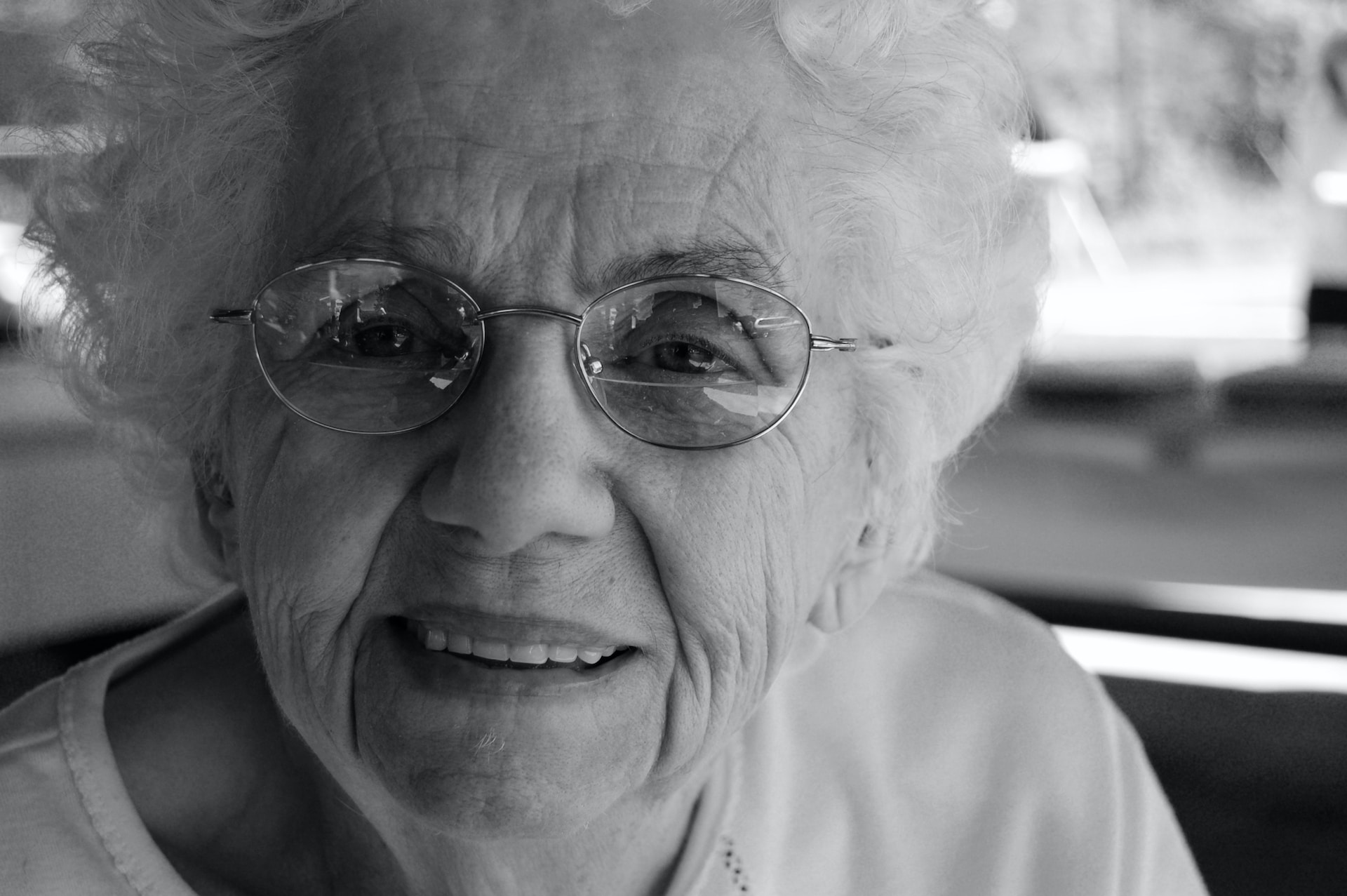It’s no secret that our parents when growing older, need additional care and support that can be challenging for families to provide on their own. This is especially true for those with Alzheimer’s disease who need specialized care tailored to their unique needs and behaviors. In-home care from San Jose senior living has become a popular option for families seeking personalized assistance for their elderly loved ones, including dementia patients. In this blog post, we will explore the benefits of specialized in-home care for elders with Alzheimer’s disease – from customized support to calming interactions- all provided in familiar and comfortable surroundings!
All the Care They Need Being Provided and Specialized
Specialized in-home care for elders with Alzheimer’s disease provides all the necessary support and assistance that they need. Caregivers are trained to provide customized care tailored to each individual’s unique needs and behaviors. This includes specialized attention towards daily activities such as personal hygiene, medication management, meal preparation, and mobility assistance. Moreover, caregivers can also provide emotional support, which is crucial for individuals with Alzheimer’s disease who may experience feelings of confusion or frustration. They’ll grow mutual understandings on how to communicate effectively with their patients – using calming language and gestures during interactions that help alleviate anxiety.

Transitional Care That Is Flexible
Transitional care is an essential part of specialized, in-home care for elderly patients with Alzheimer’s disease. This type of care focuses on helping patients transition from one stage to another while maintaining their safety and well-being. Moreover, flexible transitional care allows caregivers to respond quickly and appropriately to any changes or challenges that may arise during the caregiving process. Whether it be a change in medication or a sudden shift in behavior, caregivers are equipped with the skills and resources needed to provide immediate support without disrupting the overall continuity of care.
Tailored Care and Calming Interactions
Calming interactions are particularly important for those struggling with anxiety or agitation as they can help ease these symptoms and enhance the quality of life. Caregivers use techniques such as gentle touch, soft music, aromatherapy, or other sensory-based activities to create a calm environment. In addition to creating a peaceful atmosphere at home, caregivers offer tailored support by assisting patients with daily tasks like bathing, dressing up, or preparing meals. They may provide reminders about medication schedules or accompany patients during medical appointments.
Favorite Activities in Familiar Surroundings
 Familiar surroundings are essential for seniors with Alzheimer’s disease. These surroundings not only provide comfort but also increase their sense of security and reduce anxiety. In in-home care, specialized caregivers can help create an environment they’re familiar with by incorporating favorite activities into their daily routines. The caregiver will spend time getting to know the patient’s interests and hobbies before creating a customized plan that accommodates the needs of both parties.
Familiar surroundings are essential for seniors with Alzheimer’s disease. These surroundings not only provide comfort but also increase their sense of security and reduce anxiety. In in-home care, specialized caregivers can help create an environment they’re familiar with by incorporating favorite activities into their daily routines. The caregiver will spend time getting to know the patient’s interests and hobbies before creating a customized plan that accommodates the needs of both parties.
Activities such as listening to music, gardening, or cooking favorite meals can help stimulate memories and improve mood. In addition to providing mental stimulation, these activities promote physical activity, which helps maintain healthy joints and muscles.
With personalized attention, calming interactions, favorite activities in familiar environments, and flexible transitional care options, seniors with Alzheimer’s can enjoy a better quality of life. In-home caregivers work closely with families to create comprehensive plans that cater to each individual’s unique needs while providing peace of mind for loved ones.

